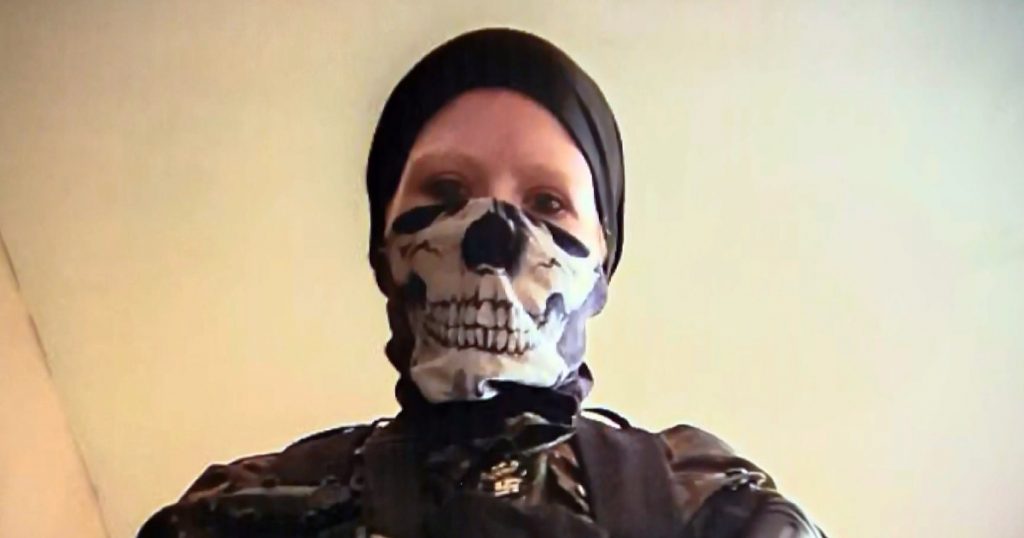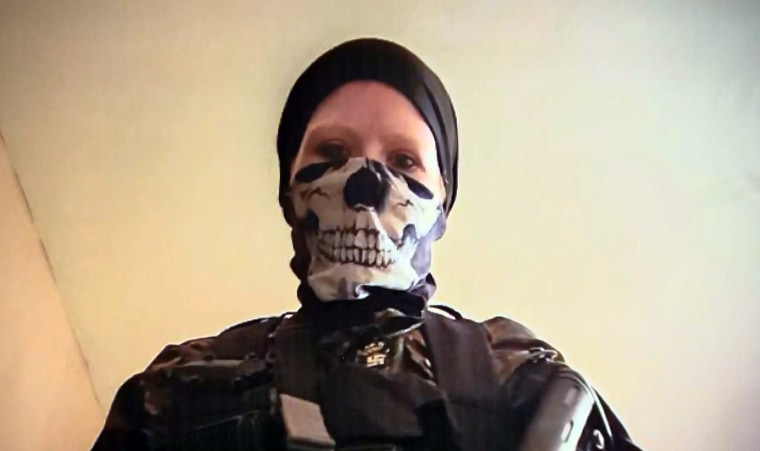
The FBI captured two people, one a nationally known neo-Nazi leader, before they could launch an attack on Baltimore’s power grid that could “completely destroy this whole city,” authorities said Monday.
The suspects, Brandon Russell and Sarah Clendaniel, were taken into custody last week, in Florida and Maryland, respectively, officials said.
Federal authorities described the alleged plot as “racially or ethnically motivated.” More than 61% of Baltimore residents are Black.
Russell is a founder of the Atomwaffen Division, a neo-Nazi group bent on “ushering in the collapse of civilization,” according to the Southern Poverty Law Center. The group admires Charles Manson and supports “the idea of lone wolf violence,” according to the Anti-Defamation League.

The alleged plot was first flagged in June of last year after an FBI informant claimed to have been contacted by Russell, who wanted “to attack electrical substations and has provided guidance on how to cause maximum damage,” according to the criminal complaint filed against the pair.
Russell then connected the informant with Clendaniel, a Maryland resident, to hash out plans for an attack on stations in and around Baltimore, federal authorities said.
The pair and informant worked with urgency, as Clendaniel said she was terminally ill with a kidney ailment “and was unlikely to live more than a few months,” according to the criminal complaint.
Clendaniel had five stations in her crosshairs, officials said, in Norrisville, Reisterstown, and Perry Hall, Maryland, and two more “in the vicinity of Baltimore,” the complaint said.
Attacks on all five would be a ” ‘ring’ around Baltimore and if they hit a number of them all in the same day, they ‘would completely destroy this whole city,’ ” Clendaniel allegedly said in a recorded conversation, the complaint revealed.
Thomas J. Sobocinski, special agent in charge of the FBI’s Baltimore office, said the suspects were serious in their efforts aimed at paralyzing the city of 580,000.
“The accused were not just talking, but taking steps to fulfill their threats and further their extremist goals. Russell provided instructions and location information. He described attacking the power transformers as the greatest thing somebody can do,” Sobocinski said.
“Their actions threatened the electricity and heat of our homes, hospitals and businesses.”
Attacks on the nation’s power grid came into focus in December, following two high-profile incidents.
There were shootings at two electrical substations in central North Carolina in early December, officials said. At the peak of Duke Energy outages, more than 45,000 homes and businesses were in the dark.
That incident was followed by attacks at four electricity substations on Christmas weekend near Tacoma, Washington, as about 14,000 homes and businesses were forced to do without power, officials said.
This is a developing story. Please check back for updates.

 Latest Breaking News Online News Portal
Latest Breaking News Online News Portal




